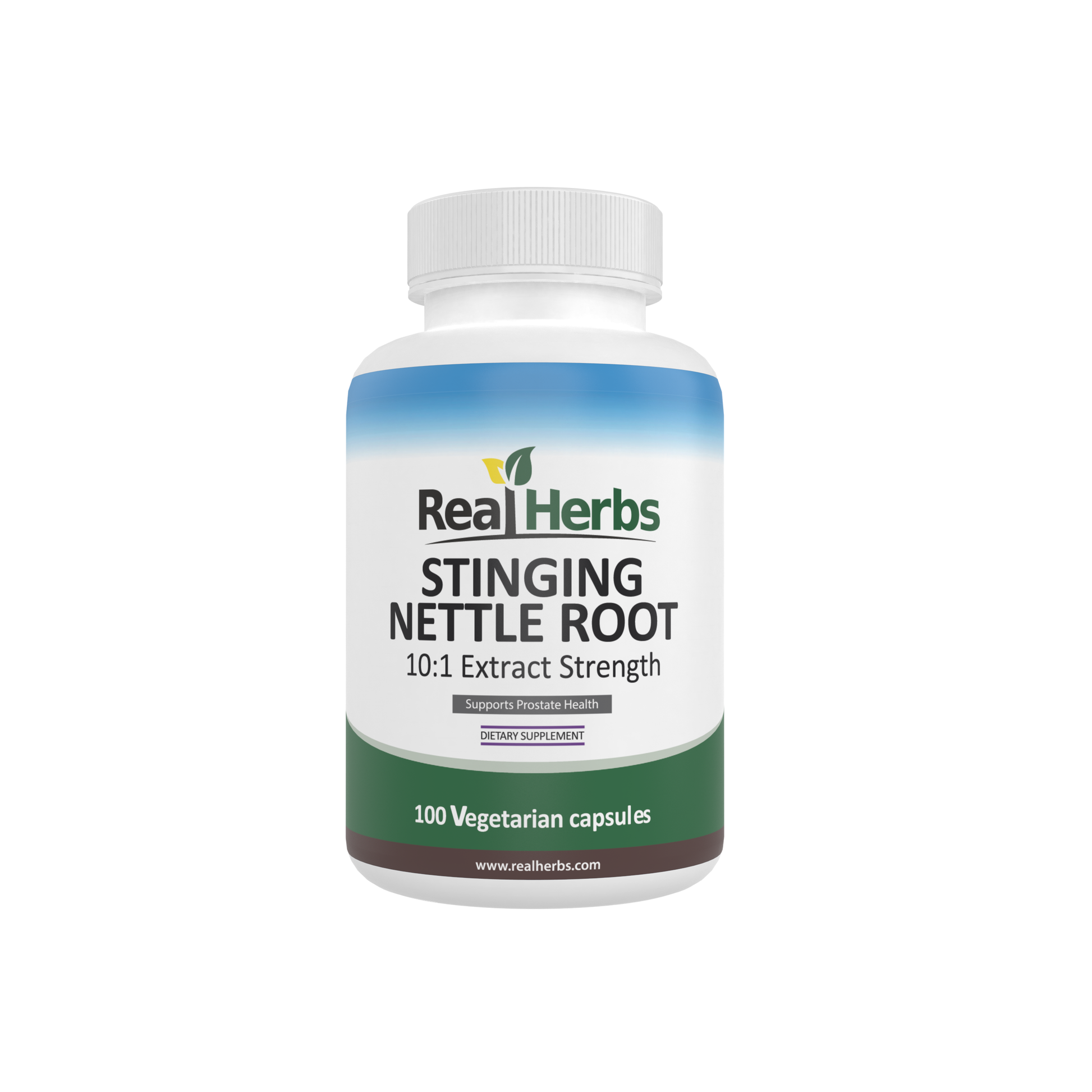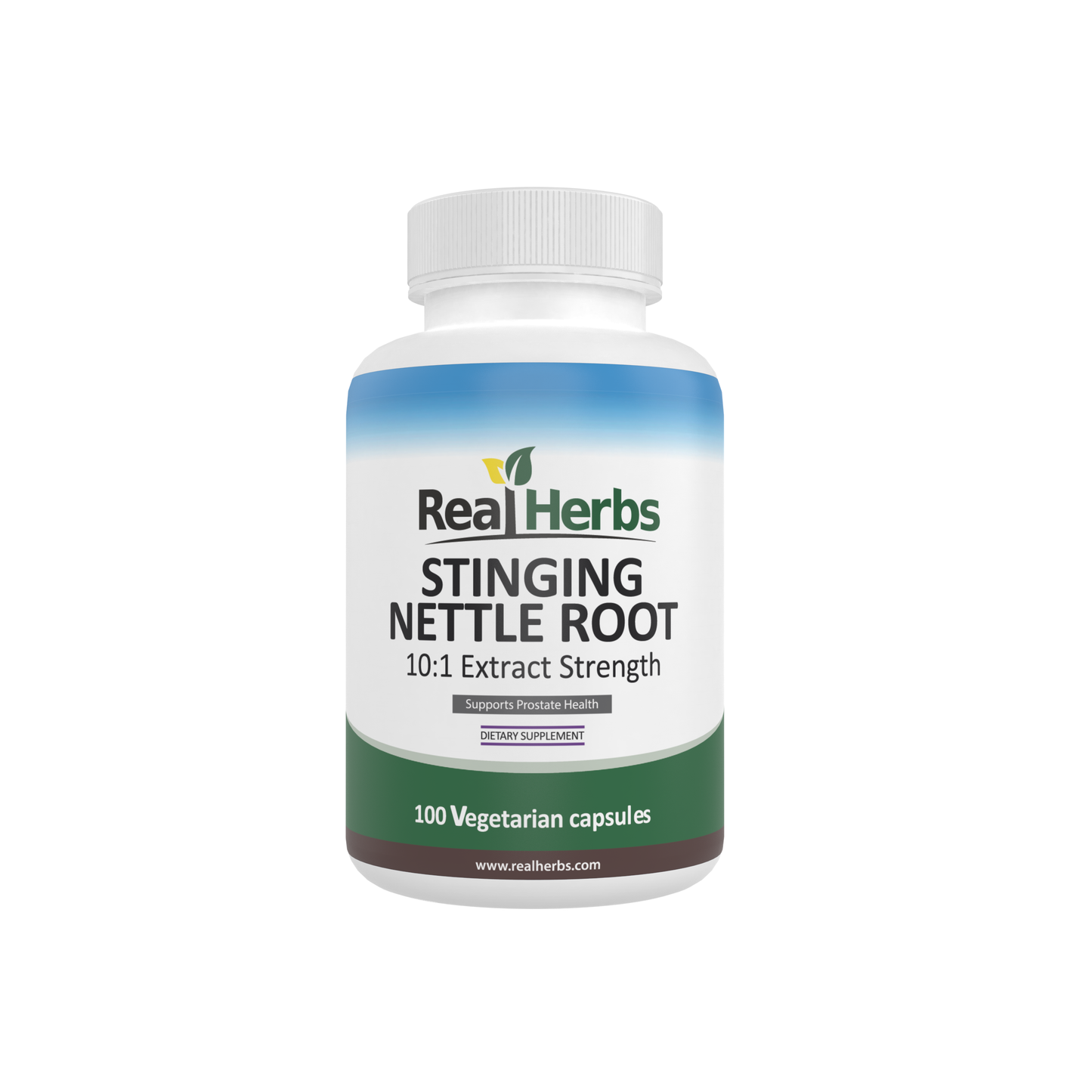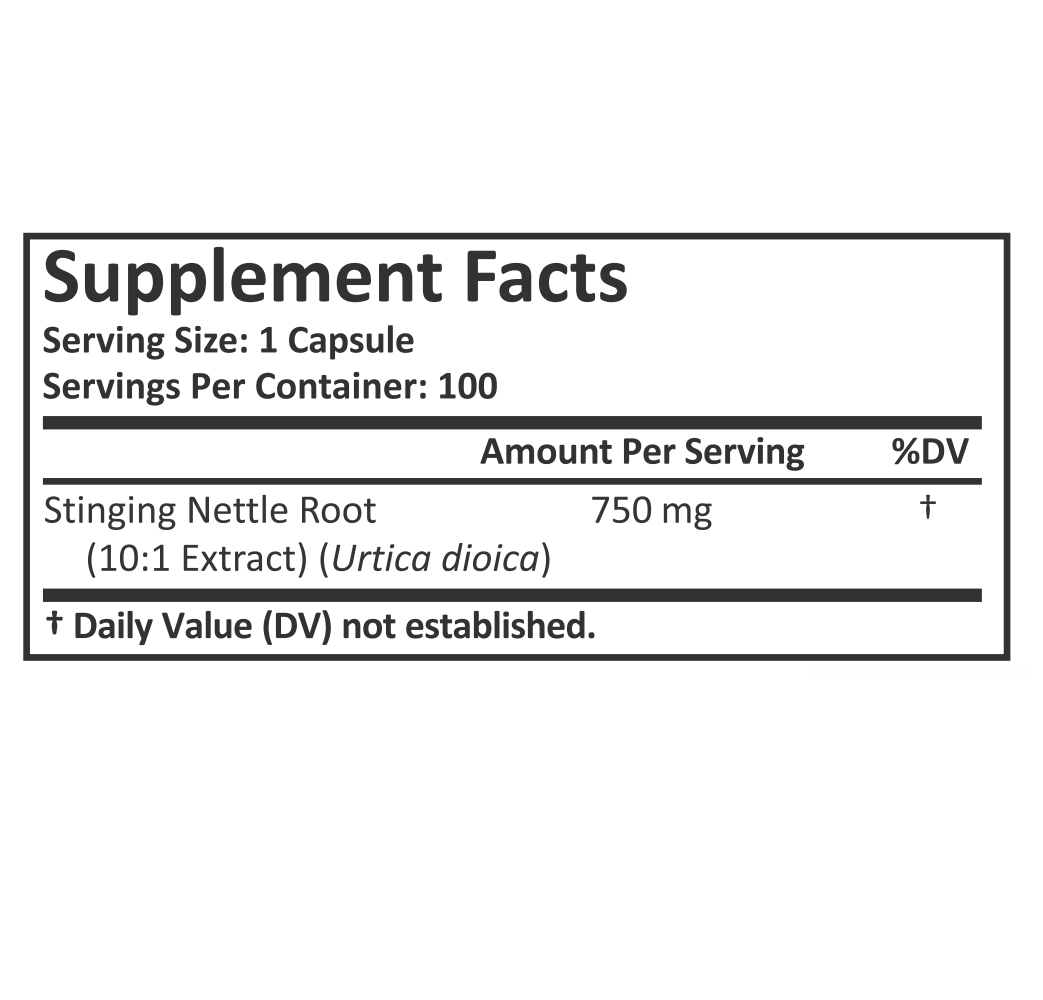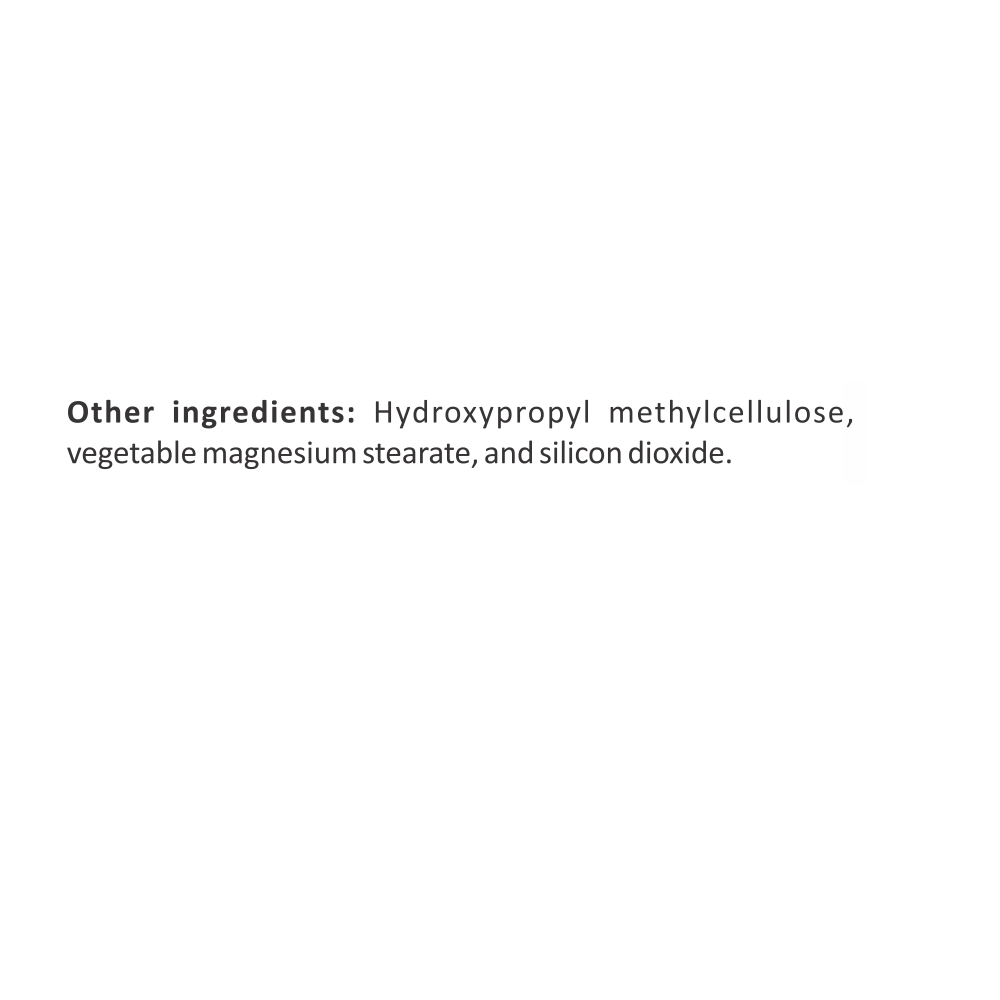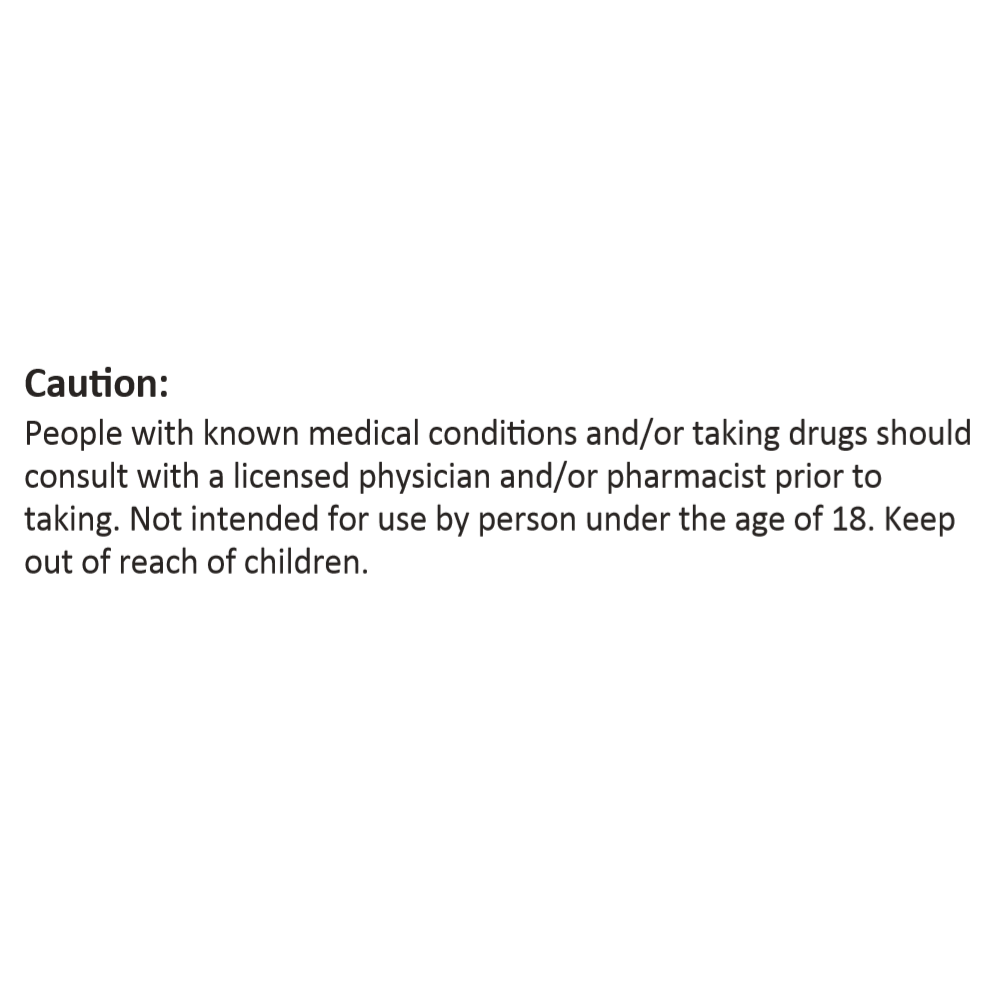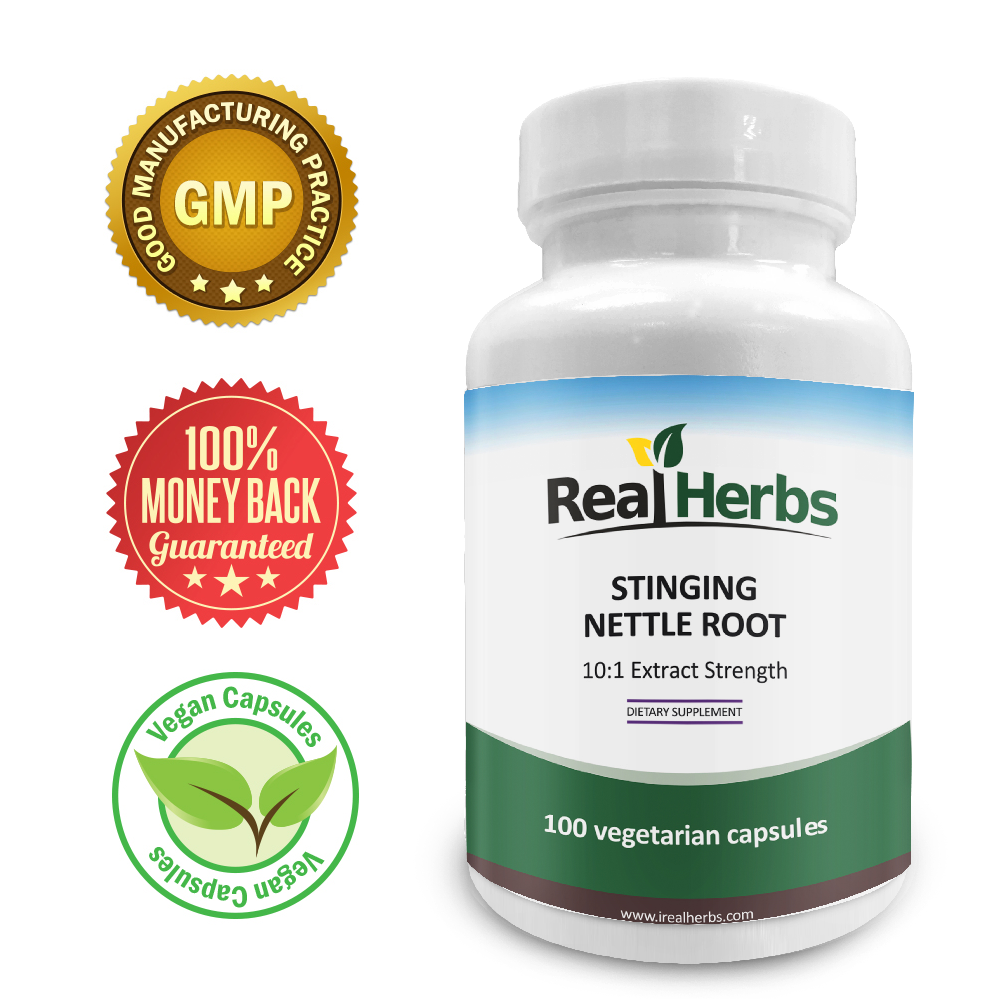Millions of individuals throughout the world are afflicted by the severe disease of cancer. It is characterized by the body's aberrant cells growing and spreading out of control. Cancer symptoms can vary depending on the type and stage of the disease, but they frequently include pain, exhaustion, weight loss, and modifications to the way the affected area looks or functions. Although there is no known cure for cancer, there are numerous treatments that can assist to control the symptoms and halt the disease's growth. These consist of operations, chemo, radiation, and targeted therapies.
People are looking for complementary or alternative therapies when the sickness spreads more widely. Stinging Nettle root is one herbal treatment that has recently attracted interest for its conceivable ability to combat cancer. Since ancient times, stinging nettle, also known as nettle root, has been used in traditional medicine to treat a wide range of conditions, such as arthritis, eczema, and urinary tract infections. Recent years have seen the start of study into nettle root's potential as a cancer treatment. According to studies, it contains substances that could have anti-inflammatory and anti-tumor properties. It also might assist to strengthen the immune system and increase the efficiency of other cancer treatments.
In this article, we'll study the history and usage of nettle root in further detail, as well as its mechanism of action, studies that have been done on it, and suggested dose levels. Finally, we shall draw attention to nettle root's potential as a cancer treatment.
History
Since ancient times, stinging nettle root, has been used in traditional medicine to treat a wide range of conditions, such as arthritis, eczema, and urinary tract infections. Recent years have seen the start of study into nettle root's potential as a cancer treatment.
How it works
There is still much to learn about the precise methods by which nettle root may aid in the battle against cancer. But as they look into nettle root's potential as a cancer treatment, researchers have found some of the components that might have anti-inflammatory and anti-tumor properties.
Lignans, one of the key active components in nettle root, have been discovered to have anti-cancer potential. Lignans are phytochemicals that have been demonstrated in laboratory experiments to suppress the growth of cancer cells. They function by attaching to estrogen receptors in cancer cells and preventing the development of those cells. For those who have diseases like breast cancer that are sensitive to hormones, this is especially encouraging.
Additionally, it has been found that stinging nettle root extract contains substances known as lectins, which have been demonstrated to stop the development of cancer cells. Lectins are proteins that attach to particular sugars on the surface of cancer cells, causing cell signaling to be disrupted and cell growth to be slowed down.
Additionally, flavonoids, which are chemicals with antioxidant qualities, are included in nettle root extract. These substances function by scavenging free radicals, unstable chemicals that can harm cells and aid in the growth of cancer.
Additionally, stinging nettle root extract has been shown to have immunomodulatory effects, meaning it may support the immune system's growth. This is crucial for the treatment of cancer since a robust immune system is more likely to identify and eliminate cancer cells.
In conclusion, it has been discovered that nettle root extract contains substances that may have anti-inflammatory and anti-tumor properties. Additionally, it may help to strengthen the immune system and increase the efficacy of other cancer treatments. Although further studies are required to completely understand nettle root's ability to combat cancer, preliminary research has yielded encouraging results.
Studies and Results
Numerous studies have been done to look into the possibility of using stinging nettle root as a cancer treatment.
The growth of prostate cancer cells in laboratory cultures was found to be inhibited by nettle root extract, according to a study that was published in the Journal of Medicinal Plants Research. According to the study, the extract possessed both anti-inflammatory and the ability to cause cancer cells to die.
Stinging Nettle root may show anti-tumor properties in some forms of breast cancer, according to a different study that was published in the Cancer Research Journal. In addition to having anti-inflammatory properties, the study discovered that nettle root extract could stop the growth of breast cancer cells in laboratory conditions.
The growth of lung cancer cells in laboratory cultures was also inhibited by nettle root extract, according to a study that was published in the Journal of Ethnopharmacology. The extract may be utilized as an adjuvant therapy to boost the effectiveness of other cancer therapies because the study also discovered that it had anti-inflammatory properties.
Although these findings are encouraging, it's important to remember that additional research is required to fully comprehend the cancer-fighting potential of nettle root and to establish the ideal dosages and administration strategies. In addition, because all of the investigations were carried out in lab settings, more research is required to determine whether nettle root is effective when used in clinical trials on humans.
Stinging Nettle root may have anti-cancer qualities, and it may be a viable treatment for some types of cancer, according to the studies' findings and conclusions. To fully comprehend the nettle root's capacity to fight cancer and to establish the ideal dosages and administration strategies, more study is necessary.
Recommended Dosage
The recommended dosage of stinging nettle root depends on the specific product you are using. It is important to speak with a healthcare professional before starting any new treatment, including nettle root.
Conclusion
Even while further studies are required to completely grasp the ability of stinging nettle root to combat cancer, preliminary research has yielded encouraging results. It might be a natural cure worth looking into for folks trying to control their symptoms and possibly stop the condition from getting worse.
References
- "Nettle root extract: a promising natural remedy for prostate cancer?" - Journal of Medicinal Plants Research
- "Nettle root extract - a potential treatment for breast cancer" - Cancer Research Journal

